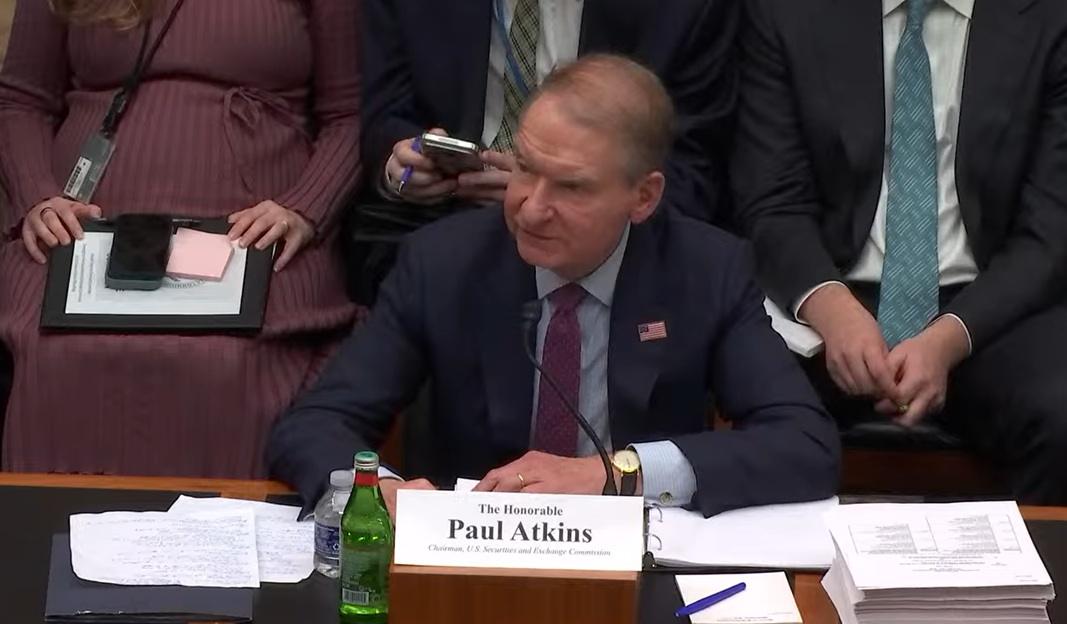Companies, Investors Campaign to Keep Meaningful EU Sustainability Reporting and Due Diligence Requirements
A coalition of 198 organizations, including more than 150 companies and investors, as well as dozens of service providers and sustainability-focused groups announced today the release of a joint statement, calling on European policymakers to preserve key elements of the EU’s sustainability framework, including calling to keep a greater number of companies in the scope of the CSRD sustainability reporting and CSDDD sustainability due diligence regulations than current proposals are targeting.
In the statement, the group warns that in addition to forming a key foundation for the achievement of the EU’s economic and sustainability goals, rules on sustainability reporting, transition plans, climate targets and due diligence are also “conducive to competitiveness and growth, as well as long-term value creation and subsequent returns for investors.”
Signatories include energy multinational EDF, IKEA retailer Ingka Group, European energy company Vattenfall, telecommunications company Nokia, insurer and asset manager Allianz, asset manager La Banque Postale Asset Management, and financial services firm Nordea.
Allianz SE Board of Management Member Günther Thallinger said:
“We support simplifying the CSRD and CSDDD. At the same time, it’s important to keep the key rules. These ensure companies provide complete and reliable data for investment decisions and transformative actions. Companies must still have a climate transition plan. Companies must take steps in line with the Paris Agreement’s decarbonisation goals. We can achieve effective reporting in an efficient manner.”
The statement is being released in the context of the European Commission’s Omnibus I initiative, aimed at simplifying and reducing sustainability compliance requirements for companies, including a wide-ranging series of changes to regulations including the Corporate Sustainability Reporting Directive (CSRD), the CSDDD, the Taxonomy Regulation, and the Carbon Border Adjustment Mechanism (CBAM).
Among the key changes proposed by the Commission’s initiative is a dramatic reduction in the number of companies covered by the scope of the CSRD, moving the regulation to cover only companies with more than 1,000 employees from the current 250 employee threshold, removing an estimated 80% of companies from the regulation’s sustainability reporting requirements. Some European lawmakers have proposed even sharper cuts, with a proposal in Parliament suggesting raising the CSRD threshold to companies with 3,000 employees, which would leave only around 3,000 companies within the scope of the regulation.
Similarly, while the Commission’s proposal did not seek to change the CSDDD’s 1,000 employee threshold, the European Council’s agreed position aims to include only companies with more than 5,000 employees in the sustainability due diligence regulation’s scope, leaving only around 1,000 companies to be covered by the regulation. The Council’s position also eases the CSDDD’s requirements for companies to implement climate transition plans.
The Commission’s Omnibus proposal also sets limits on the details of sustainability information that banks or larger companies can request from smaller companies in their value chains, and calls for a significant reduction in the number of mandatory data points required by the CSRD’s underlying European Sustainability Reporting Standards (ESRS).
The signatories to the statement, however, warn that weakening the sustainability rules risks damaging competitiveness and growth, and advises that “regulatory simplification can be achieved without compromising on the substance of sustainability rules or their significant benefits for businesses across the EU.”
The statement outlines a series of recommendations for policymakers, including a proposal to set the scope of the CSRD to a threshold of companies with more than 500 employees, in line with the CSRD’s predecessor Non-Financial Reporting Directive (NFRD), and to allow a phase-in period of 2 – 4 years, starting with companies with more than 1,000 employees. The statement also advises to simplify the ESRS while maintaining the double materiality approach of the CSRD, and to ensure interoperability with international standards and frameworks such as the ISSB, GRI and TNFD.
Additional recommendations in the statement include ensuring that the regulations’ value chain cap allows for a “constructive exchange of sustainability information between investors and companies,” maintaining risk-based due diligence, and retaining a requirement for companies to adopt climate transition plans that include science-based targets in the CSDDD.
Click here to view the statement and signatories.





